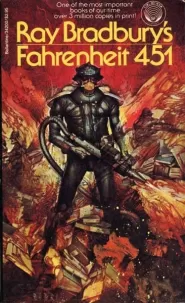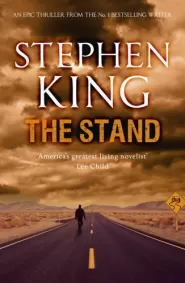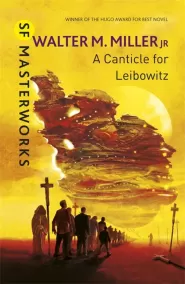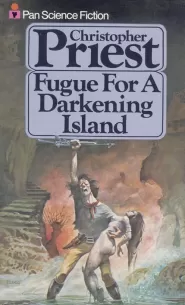Post-Apocalyptic
Post-Apocalyptic is a genre that focuses on the events, struggles, and survival of individuals or groups in a world after a catastrophic event has drastically changed or destroyed civilization. These events can include nuclear war, environmental disasters, pandemics, alien invasions, or other large-scale catastrophes that result in the collapse of society. The genre explores the aftermath of these disasters, often depicting a bleak and desolate world where resources are scarce, law and order have broken down, and the survivors must navigate the harsh new reality.
In post-apocalyptic stories, the focus is often on survival, rebuilding, and human resilience in the face of overwhelming adversity. Characters might struggle with physical challenges, such as finding food and shelter, or moral dilemmas, such as maintaining their humanity in a world where the rules have changed. Themes of isolation, hope, despair, and community are commonly explored, as survivors often face existential questions about the meaning of life in a ruined world.
The setting is usually dystopian, with ruined cities, abandoned landscapes, and decaying remnants of the old world serving as a backdrop for the narrative. There may also be elements of tribalism, factionalism, and conflict, as different groups vie for control of the remaining resources or try to impose their vision of how the new world should be rebuilt.
Post-apocalyptic fiction appeals to readers who are fascinated by humanity's struggle to survive and adapt in the face of overwhelming challenges, as well as those drawn to exploring the complexities of rebuilding society and finding hope in the ruins of the past.

























